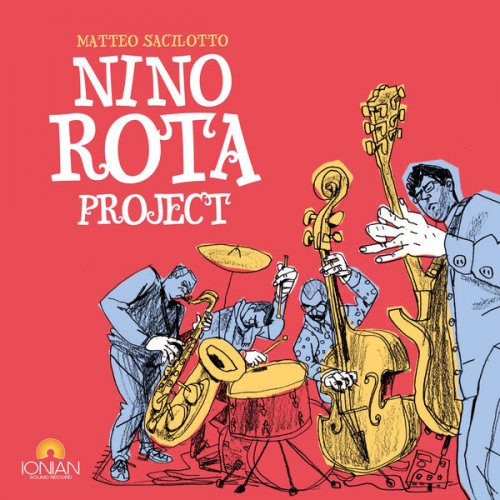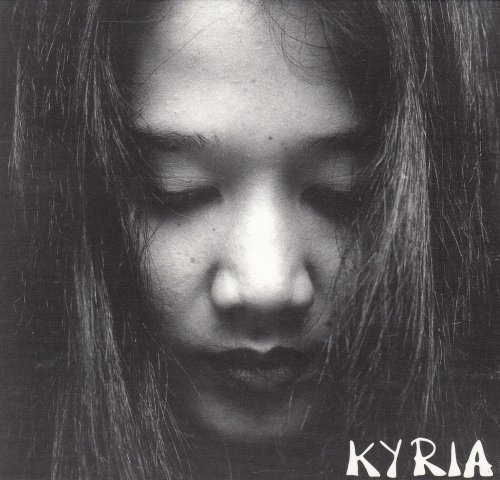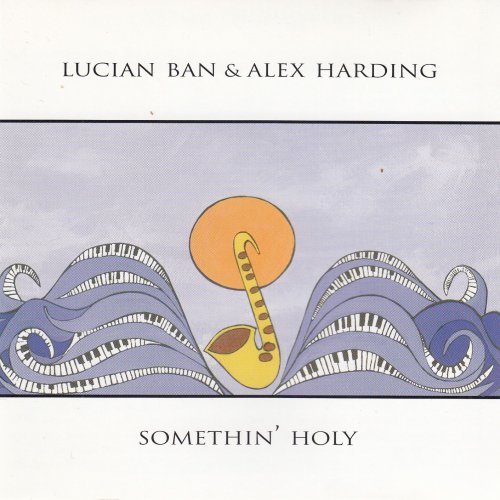The Gents - Sehnsucht (2010) [Hi-Res]
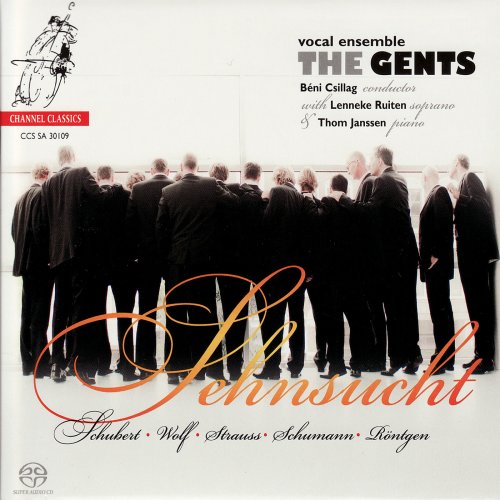
Artist: The Gents, Béni Csillag, Thom Janssen, Lenneke Ruiten
Title: Sehnsucht
Year Of Release: 2010
Label: Channel Classics Records
Genre: Classical
Quality: FLAC (tracks, booklet) [192kHz/24bit]
Total Time: 1:05:35
Total Size: 1.84 GB / 236 MB
WebSite: Album Preview
Tracklist:Title: Sehnsucht
Year Of Release: 2010
Label: Channel Classics Records
Genre: Classical
Quality: FLAC (tracks, booklet) [192kHz/24bit]
Total Time: 1:05:35
Total Size: 1.84 GB / 236 MB
WebSite: Album Preview
1. The Gents & Béni Csillag – Sensucht (04:04)
2. The Gents & Béni Csillag – Die Nacht (02:49)
3. The Gents, Béni Csillag, Lenneke Ruiten & Thom Janssen – Ständchen (05:44)
4. The Gents & Béni Csillag – Grab Und Mond (02:48)
5. The Gents & Béni Csillag – Der Entferten (03:59)
6. Lenneke Ruiten & Thom Janssen – Nachtviolen (03:06)
7. The Gents & Béni Csillag – Die Lotosblune (01:59)
8. The Gents & Béni Csillag – Die Rose Stand Im Thau (02:32)
9. The Gents & Béni Csillag – Der Träumende See (01:26)
10. Lenneke Ruiten & Thom Janssen – Nachtstück (05:31)
11. The Gents & Béni Csillag – Sechs Geistliche Lieder : 1. Aufblick (01:01)
12. The Gents & Béni Csillag – Sechs Geistliche Lieder : 2. Einklang (02:10)
13. The Gents & Béni Csillag – Sechs Geistliche Lieder : 3. Resignation (03:33)
14. The Gents & Béni Csillag – Sechs Geistliche Lieder : 4. Letzte Bitte (01:51)
15. The Gents & Béni Csillag – Sechs Geistliche Lieder : 5. Ergebung (02:18)
16. The Gents & Béni Csillag – Sechs Geistliche Lieder : 6. Erhebung (01:30)
17. Lenneke Ruiten & Thom Janssen – Abendstern (02:26)
18. The Gents & Béni Csillag – Hoffnung (02:20)
19. The Gents & Béni Csillag – Fiesole (02:10)
20. The Gents & Béni Csillag – Vor Den Türen (04:29)
21. The Gents & Béni Csillag – Traumlicht (04:41)
22. The Gents, Béni Csillag, Lenneke Ruiten & Thom Janssen – An Sylvia (03:03)
The nineteenth century was a golden age for choral singing. A European chorister looking for a corner in vocal heaven would have been well advised to buy a one-way ticket to Germany or Austria: more specifically, to Berlin, Leipzig, Frankfurt, Cologne, or Vienna. Beginning in 1810, singing clubs, and later on, choral societies, shot up all over this part of the world like mushrooms. You could join a Liedertafel, Liederkranz, or Männersangverein.
Carl Friedrich Zelter, Mendelssohn’s teacher and the leader of the Berliner Singverein, was the first person to use the term “Liedertafel” in 1808. The term was used to indicate an informal meeting of poets, composers, and singers who came together to sing German part-songs. In a letter addressed to Goethe, Zelter explained that the 25 members of his Liedertafel were accustomed to sit down at a well-furnished table for a sumptuous dinner followed by an evening of singing. Zelter’s group preferred original works, so freshly composed that the ink was still wet. The best musical contribution was then duly rewarded with a medal, a congratulatory toast, or a laurel wreath. Behind this convivial atmosphere there was a loftier goal: the stimulation and promotion of German poetry and music. A Liedertafel, in other words, could be seen as occupying a place comparable to the Meistersingers’ guild of the middle ages, or the eighteenth-century musical meetings of the Freemasons.
Carl Friedrich Zelter, Mendelssohn’s teacher and the leader of the Berliner Singverein, was the first person to use the term “Liedertafel” in 1808. The term was used to indicate an informal meeting of poets, composers, and singers who came together to sing German part-songs. In a letter addressed to Goethe, Zelter explained that the 25 members of his Liedertafel were accustomed to sit down at a well-furnished table for a sumptuous dinner followed by an evening of singing. Zelter’s group preferred original works, so freshly composed that the ink was still wet. The best musical contribution was then duly rewarded with a medal, a congratulatory toast, or a laurel wreath. Behind this convivial atmosphere there was a loftier goal: the stimulation and promotion of German poetry and music. A Liedertafel, in other words, could be seen as occupying a place comparable to the Meistersingers’ guild of the middle ages, or the eighteenth-century musical meetings of the Freemasons.
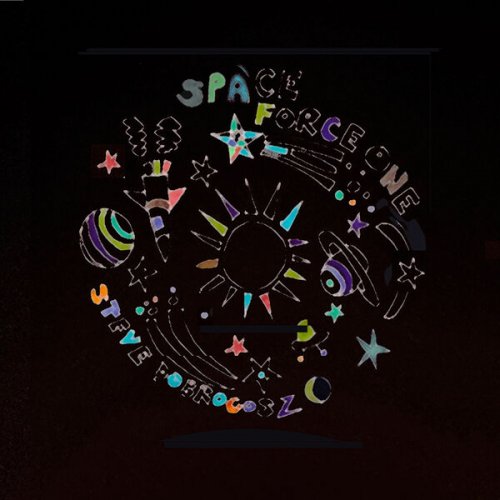
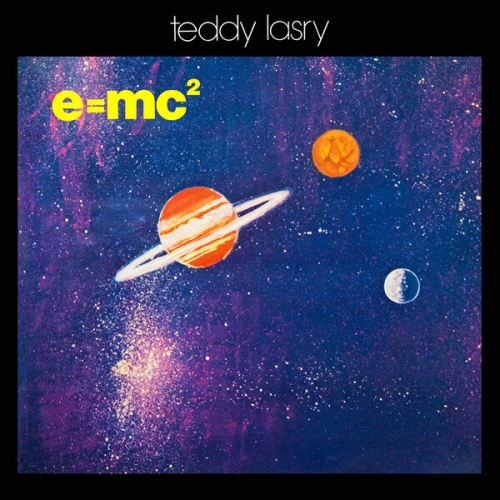
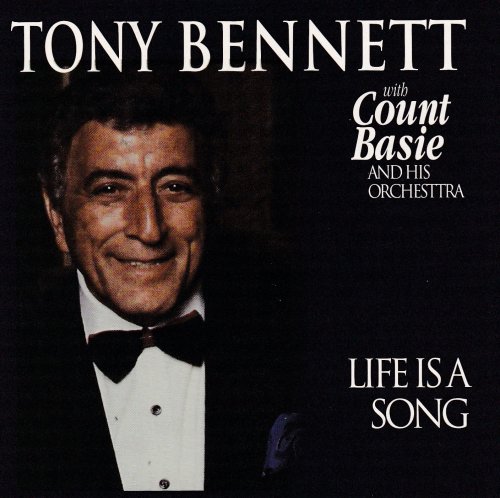
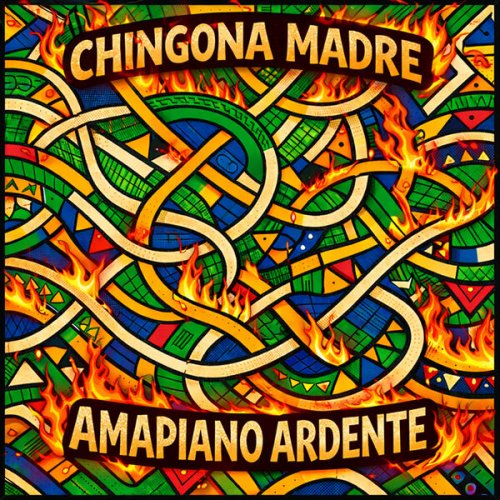
![Stan Getz & Gerry Mulligan - Getz Meets Mulligan In Hi-Fi (1957/2026) [Hi-Res] Stan Getz & Gerry Mulligan - Getz Meets Mulligan In Hi-Fi (1957/2026) [Hi-Res]](https://www.dibpic.com/uploads/posts/2026-01/1769716574_cover.jpg)
![Rahsaan Roland Kirk - Now Please Don't You Cry, Beautiful Edith (2025 Remaster) (2026) [Hi-Res] Rahsaan Roland Kirk - Now Please Don't You Cry, Beautiful Edith (2025 Remaster) (2026) [Hi-Res]](https://www.dibpic.com/uploads/posts/2026-01/1769782162_cover.jpg)
